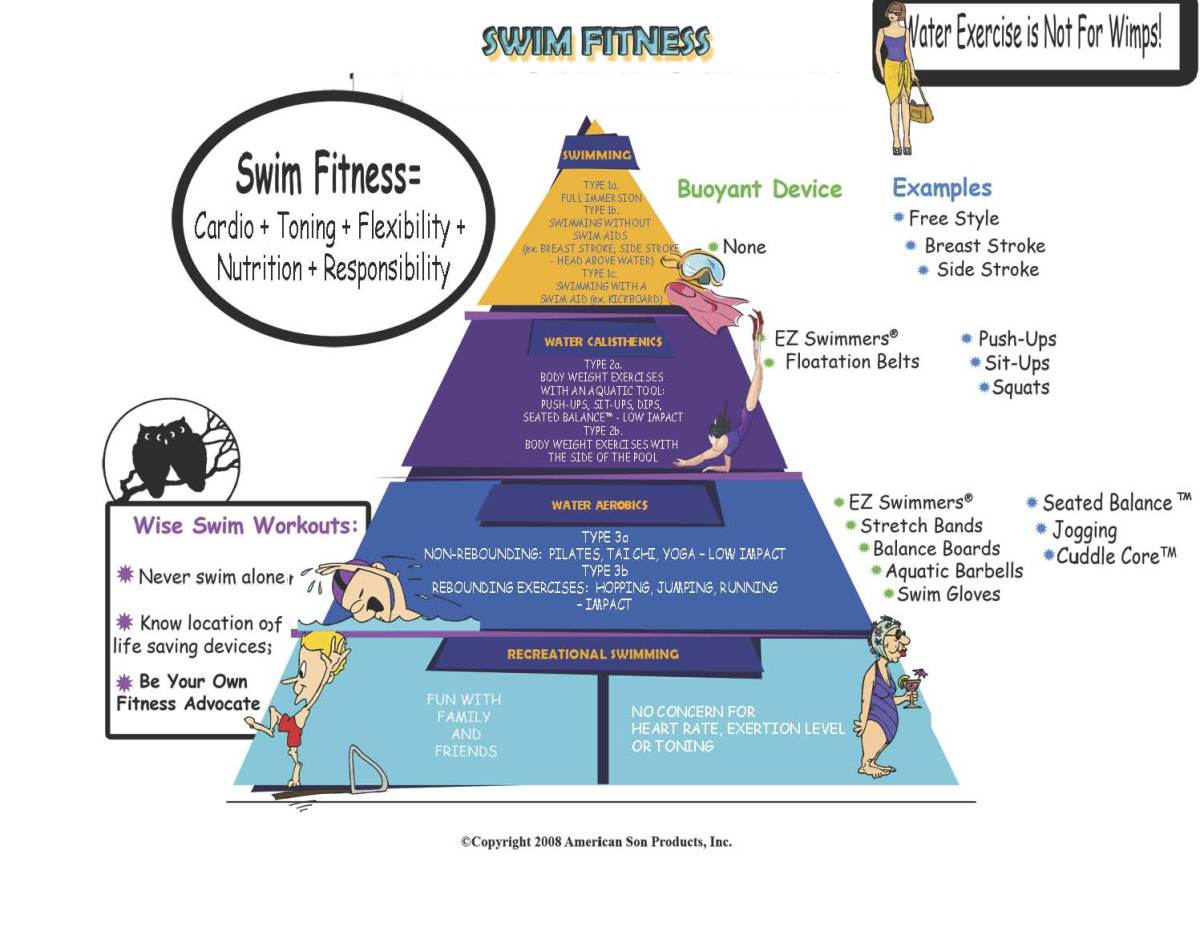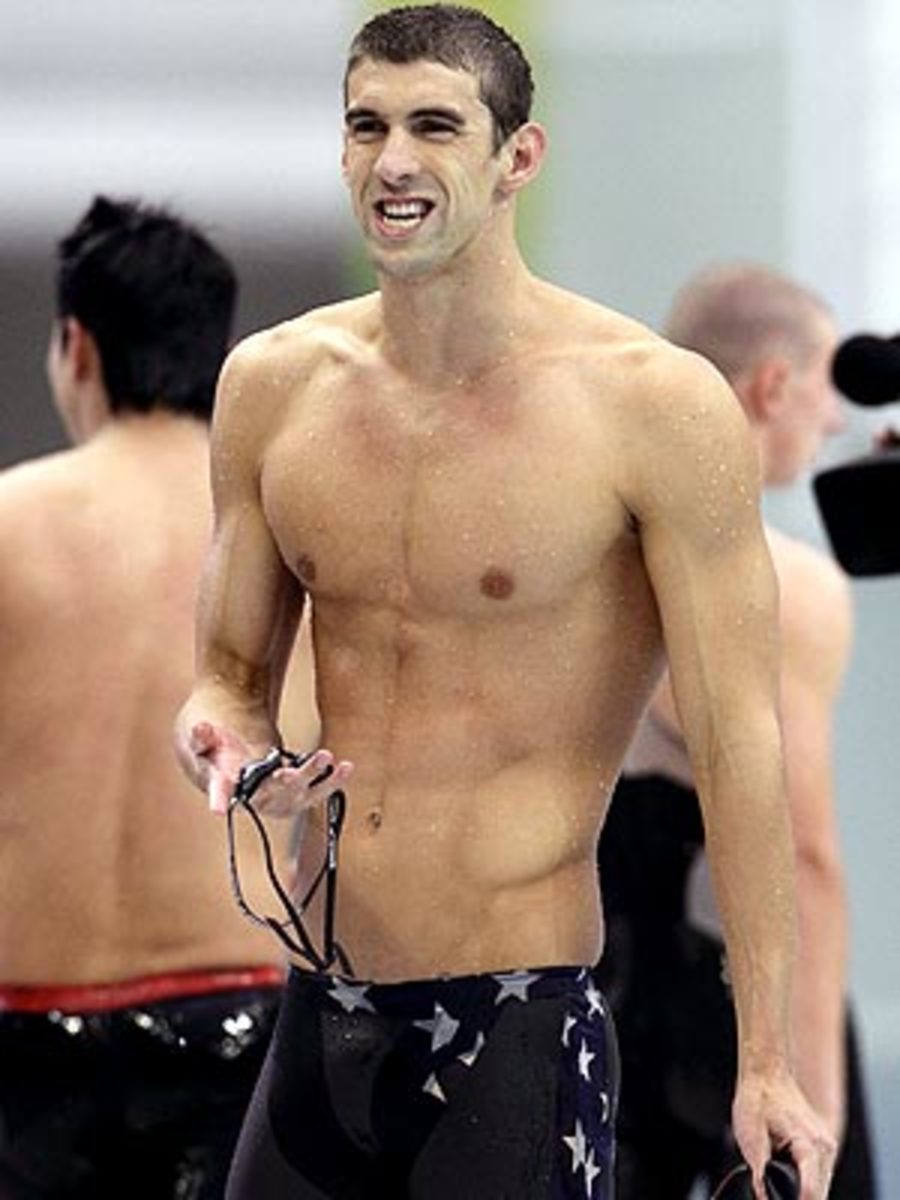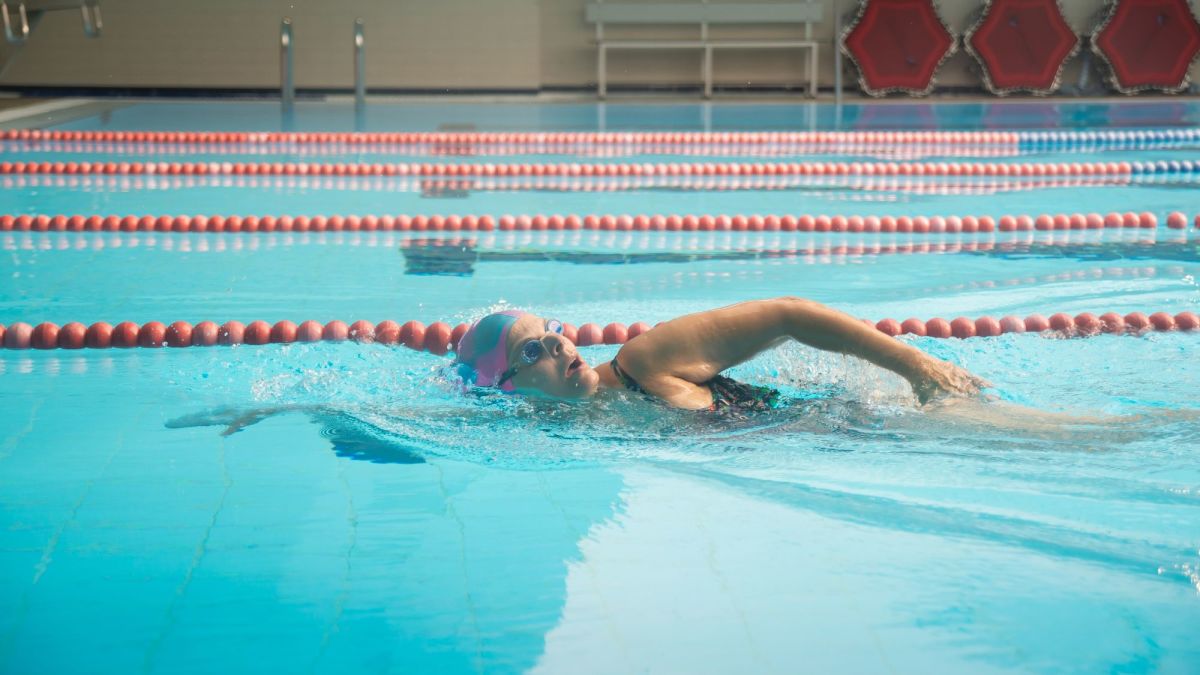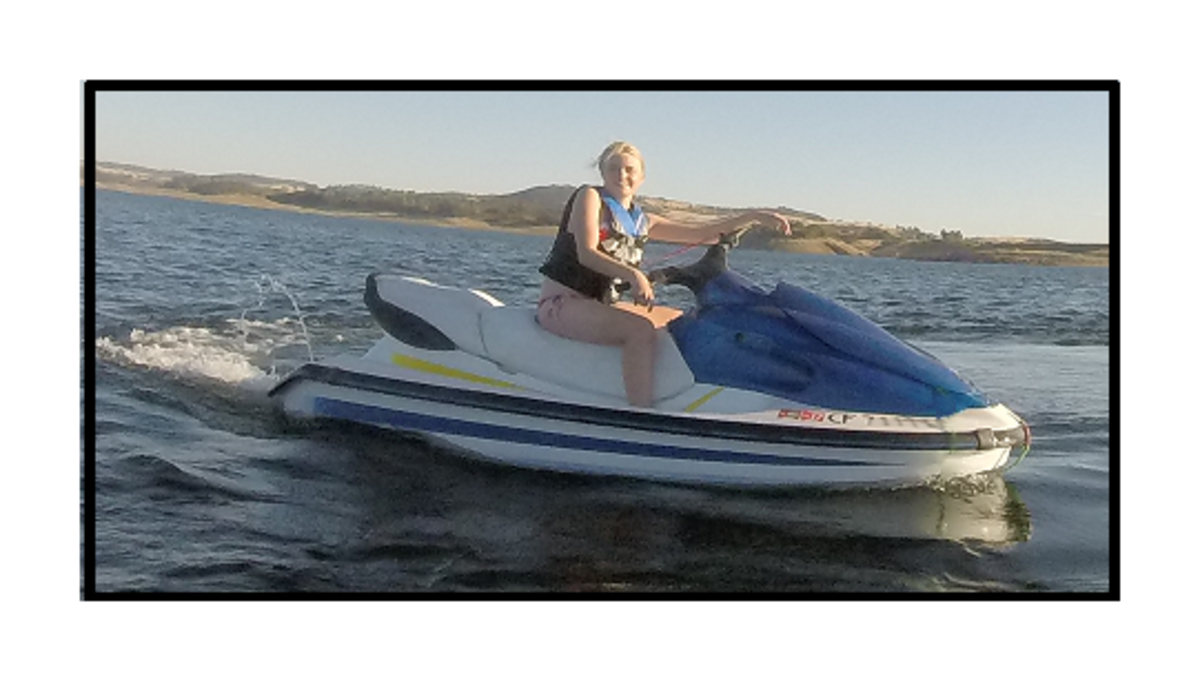How I Shifted from Swimmer to Coach
Swimming is my life. There is something magical about the water, whether it's in a pool or in the ocean. Once you are in the pool, it's almost like the water is in your blood. The smell of chlorine never really goes away when you take a shower at the end of the day.
I have participated in recreational and competitive swimming, and have been teaching swimming for more than 10 years. I took lessons from the swim school where I am now an instructor. Not only professionally am I in the water but most of my hobbies revolve around it: SCUBA diving, sailing and wakeboarding, to name a few. Without knowing how to swim, I couldn't do any of these things.
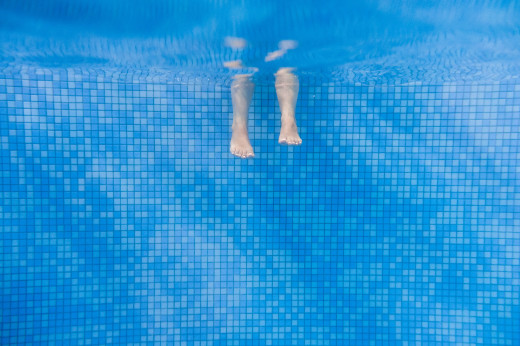
While in college I realized a traditional classroom setting was not for me, so I changed my major to sport and recreation management. I then asked myself, "What can I do to work with kids?" Becoming a swim coach was a natural choice. My own club coach asked me to be an assistant coach when I was 17, helping out with the younger kids, so I jumped at the chance to turn it into a career a few years later.
One reason coaching was so appealing then was because of my own high school swim coaches, especially one of them. He was always around to help me, whether it was related to swimming or not. He was a great positive role model, someone outside of my family who I could look up to, who gave me guidance. I can’t recall those high school years without him popping into a memory
Knowing how important my coach was in my life drove me to try to provide the same to other kids.
Knowing how important my coach was in my life drove me to try to provide the same to other kids. I love hyping up my students and getting them excited about swimming – it improves my day significantly to see their enthusiasm.
One reason I love swimming and coaching is because there are always people around, providing a sense of community and belonging. Swimming is an individual sport but you are still on a team with relay races and you also have others there to cheer you on. Coaching gives me the opportunity to be on the other side of the experience.
What is the hardest thing about being a swim coach? Learning how to teach it to other people of different ages. When you are a swimmer there are a thousand drills you can practice, hundreds of stroke techniques that you can work on. It's definitely one thing to have someone tell you what to do as opposed to trying to articulate exactly what you want your students to do. At the beginning, I found myself tongue-tied and a bit surprised at how difficult it was to instruct the sport that came so naturally to me
One minute I'm talking to a kid about Spider-man, and the next I'm telling the parent their child needs to improve their stroke and how to do it.
Another lesson I've learned from coaching is that you have to balance goofiness and seriousness. One minute I'm talking to a kid about Spider-man, and the next I'm telling the parent their child needs to improve their stroke and how to do it. But wearing these different hats is also part of the joy and variety that instructing offers.
The best piece of advice I offer to new coaches is always be willing to learn from the people who are trying to teach you. There’s always something to improve, which in turn makes you a better coach and allows you to make a bigger difference in kids' lives.
Swimming is an essential skill that often gets overlooked with sports like soccer and football getting so much attention. Those other sports won't save your life, but swimming actually could—that's one more reason I do what I do. I love to see the kids learn and have fun and develop such an important skill that they can use for the rest of their lives to stay safe.

